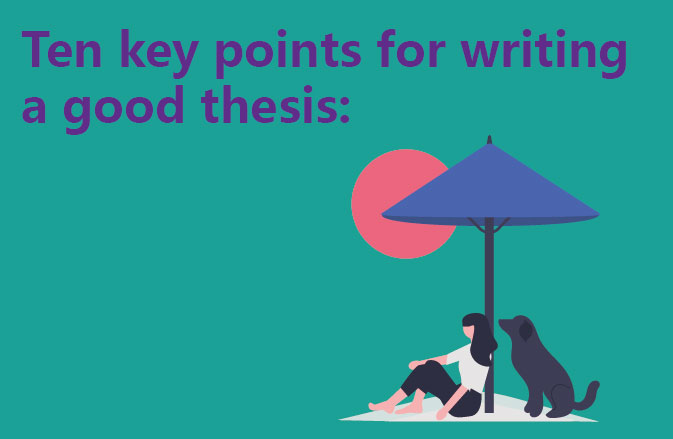Guys, are you still worried about writing a bad thesis? Don’t be afraid, here to give you a few points of view, to ensure that after you read it, you will be enlightened, do not get the tutor’s criticism. Listen well ha, this is my exclusive secret, can not be outsourced!
First, the language problem
First of all, we have to talk about the language problem. This is a big problem, ah, many people’s papers are full of typos, tenses, grammar, syntax, syntax, the organisation of phrases and so on, all in disarray. Others speak as if they were talking to a family, always using words like ‘I’, ‘you’, ‘we’. You have to understand, the most taboo academic paper is colloquialism, you have to look at people how to organise the language, while watching and remembering, learning.
Second, the problem of data collection
Then you have to talk about the data collection problem. You have to pay attention, if your questionnaire survey only thirty people to participate, then your sample size is too small, can not represent the overall situation, let alone do follow-up analysis. In others, the data collected has absolutely nothing to do with his research direction, or it is randomly found from the Internet, which does not have enough credibility, and it will definitely be knocked back and rewritten by the tutor. Therefore, you have to look for those data released by authoritative organisations, and be sure to indicate the source. Questionnaire survey, you have to refer to the questionnaire form attached to the relevant literature, after all, they have been verified, more representative and persuasive.
Third, the selection of issues
Let’s talk about the problem of topic selection. If the tutor gives you too large a range of topics, you can not write directly so. You have to take into account the feasibility of the study, did not narrow the scope, the topic is not specific enough, the argument is not clear enough, too much description, want to make a breakthrough research, it is more difficult than heaven. Therefore, you’d better choose a vertical field of the topic, the topic should have academic value and feasibility, and resolutely resist broad and boundless.
Fourth, the problem of biased topics
Some students may find that they can’t carry on with their research in the process of writing a dissertation, and their focus slowly runs away, and as a result, they don’t follow the previous outline of the dissertation. You have to remember that once your outline is approved, the direction of the paper has been set and you cannot stray too far from it. Unless you discover a new direction and get it approved by your tutor, you will definitely not get a high grade for your paper. Therefore, you have to keep an eye on the progress of your research and communicate with your supervisor when you encounter problems.
V. Framework
The UK dissertation requires a clear structure and detailed and clear content. However, many students always make mistakes in this regard, the common problem is that the logical thinking is confused, the framework is not clear, the writing lacks logic, resulting in the writing of the content is not coherent enough to make people puzzled, or the whole article seems to be like telling a story, there is no positive and negative points of view of each other, reflecting the lack of critical thinking. Once the framework is out of order, then the organisation of the content of your thesis will become chaotic and illogical, not to mention meeting the assessment criteria of the thesis, which is a waste of paper.
Sixth, insufficient preliminary research
This problem is a mistake that many procrastinators tend to make. Many students do not have enough time to conduct preliminary research on the relevant topics because of procrastination, and they even start writing the thesis only when the deadline is coming up soon. By the time you are halfway through writing your dissertation and then do the relevant research, you are likely to find academic points that are completely contrary to your argument, and by this time, I’m afraid it’s too late to make any revisions. Therefore, you have to set aside enough time in advance to conduct preliminary research, do not speculate, do not delay, do not take risks.
Seven, research methodology issues
Many students can’t figure out whether to use qualitative or quantitative research methods. Others, always confuse inductive and deductive methods. You have to decide which research method to use according to your research topic, and you have to choose carefully in order to maximise your research objectives. Some students find quantitative analysis too laborious, so they choose to interview the data and conduct qualitative analysis. However, such a research process and results can be easily disproved. Also, very often you have to use the inductive method because you have to launch your research conclusions from the existing theories.




